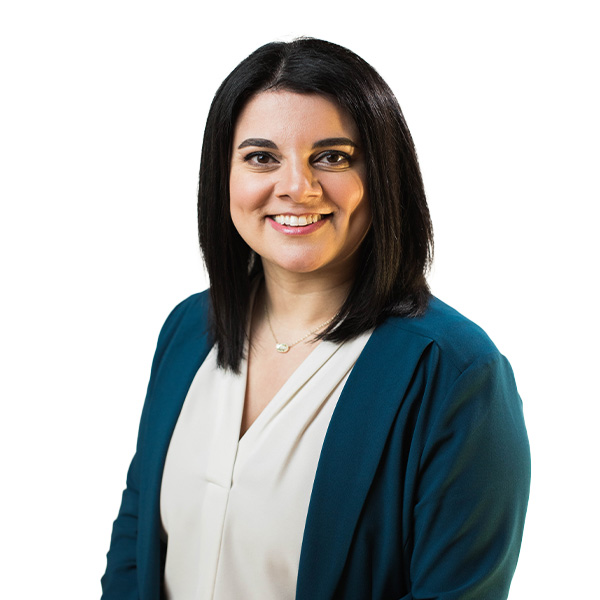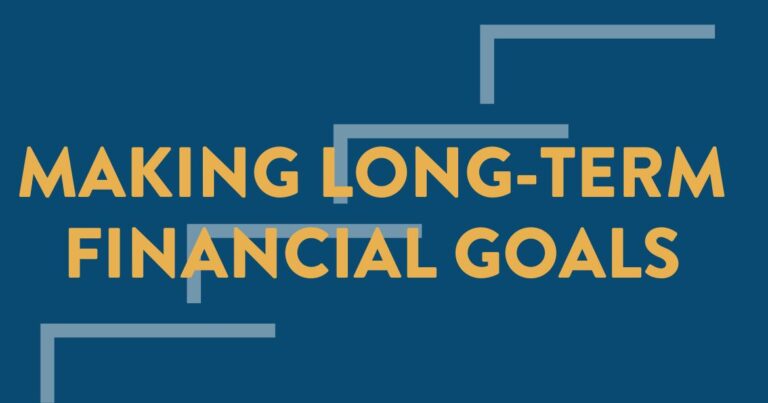If I could go back and change my decision now, I would.
The year was 2008, and the stock market was in the throes of the largest market downturn of my lifetime. I wish I knew then what I know now. But as I continued to watch the numbers diminish with each monthly statement, the emotional need to hit the panic button rose greater. We’d been contributing to our retirement accounts with consistency, and this was how we’d be rewarded? Losing it all wasn’t an option I was willing to take.
Oops I Made a Mistake
My husband and I picked up the phone and called our financial advisor to instruct him to move both of our accounts to cash. We’d keep an eye on the markets deciding when the time would be right to jump back on the rollercoaster and ride it into economic recovery. We’d been adulting for a while now, and this seemed the responsible thing to do.
During the call, our advisor cautioned us that we should really consider leaving our money in the market because we were young and had plenty of time before retirement. This was the extent of the education we received, but to tell you the truth, it wasn’t enough to help my husband and me understand the gravity of the decision we were making. We did compromise and leave one account invested in the market while the other was moved to cash at our request.
At first, we were happy with the decision we made to put one of the accounts into cash. The markets didn’t see the bottom of the crash until March 2009, so we felt like we were hedging our bets, so to speak, by not losing money in both accounts. Little did we know how much we’d regret our decision in the coming months if not years. As young adults, we had been investing only a few years at that time. Our accounts had a long way to go before they would be considered sizable to some, but to us, it was everything. Eventually, I would call to reinvest the cash in my account, but by that time I had missed out on all the shares I could have bought.
Hindsight’s 20/20
A few years after this time, I had a change in careers and became a team member of GenWealth Financial Advisors. Within a short time of joining the team, through the routine education we provide to the community we serve, I saw the math in black and white and knew the choice we’d made to move to cash in the down market was a poor one. I finally realized what my then-advisor had tried, but failed, to communicate about youth and time being on my side.
What he was trying to tell me is that over time the markets generally have an upward trend. This doesn’t mean that there won’t be periods of time when the markets have downward trends, and there are no certainties in investing. There are varying degrees of risk with all investments, and no two investors are exactly alike. Recommendations for your dollars should be based on your specific goals, time horizons, and risk tolerances. A person who is near retirement when a large market downturn occurs can usually handle less market volatility risk than a person who has many working years ahead of them. My husband and I were in the latter position. We had the ability to recover any losses because time was on our side.
A Lesson Learned
I missed out on the basic principle of dollar-cost averaging – the practice of buying more shares of an investment when the market is down and fewer when prices are higher. So, when I instructed my advisor to put my account into cash and leave my husband’s in the market, I gave up my opportunity to buy more shares of the mutual funds I was investing in while the systematic buying of shares and reinvesting dividends continued in my husband’s account. And this, my friends, is why there is such a wide gap between what these two accounts are worth today. I sealed in my losses in my account when I pulled out of the market and sat on the sidelines. My mistake early on is why I’m personally so passionate about serving our clients! A key component of The GenWealth Difference is that we are education-driven. We want our clients to understand their choices about their money, and we strive to guide them toward decisions they’ll be happy with later in life.
I want that for you, too. I learned a tough lesson. I’m glad I learned it while I was young and had time to recover. BUT, if I could turn back time, I know exactly which money mistake I’d avoid (and why). Don’t make the same mistake I did!
The opinions voiced in this material are for general information only and are not intended to provide specific advice or recommendations for any individual. All performance referenced is historical and is no guarantee of future results. Dollar-cost averaging involves continuous investment in securities regardless of fluctuation in price levels of such securities. An investor should consider their ability to continue purchasing through fluctuating price levels. Such a plan does not assure a profit and does not protect against loss in declining markets.




